Where to start with such a disaster?
The shock arriving in Nepal wasn't too big. My friend and Board of Advice member for the foundation, Rohit Phuyal, was waiting to pick me up. On the road from the airport to Kapan area were several collapsed buildings. It was more of a shock to see people living in little plastic tents and shelters in very basic and dirty circumstances. This reminded me of the way that many people in poor areas in India live.
Back to Kathmandu with mothers with children begging on the streets, here at the entrance to the shopping malls on New Road.
Before I came to Nepal I had read and heard many terrifying and shocking stories about the people who were injured and killed in the earthquakes. It had even more of an impact on me to hear how body parts, arms, legs and heads had to be dug out from between the collapsed concrete buildings. Bearing this in mind it was even more daunting to see with my own eyes what this earthquake had done to the lives of so many people and families.
In after earthquake Kathmandu the people are taking it slow because all this restoration work can't be done in one lifetime..
Luckily the Nepali people are very optimistic people and are used to living in poor and basic circumstances. They are slowly starting to remove all the devastated buildings and in some places they are starting to repair existing buildings or build new buildings. Unfortunately the government has not been active in organizing the a rebuilding programme. There are also only few material resources like excavators so much of the work has to be done by hand.
Demolishing concrete from a collapsed building. This will make space for a new building and the old building materials will be reused.
Camps where families still live under plastic.
Now in the monsoon season it is hot here in Nepal. People are using umbrellas to protect themselves against the burning sun.
We will soon leave for the Solu Khumbu district to visit the big but remote village of Necha. Here we will start our projects as we have a lot of good contacts there. I have visited Necha twice in the past 3 years. The village is spread out over a complete mountain side from the bottom of the river side to the top of the mountain. Most of it is agricultural land with traditional farming. Most of the houses are made of mountain stones and mud or from bamboo and mud.
Life continues and rickshaw drivers again cycle past the destroyed Gaddi Baithak in Basantapur Durbar Square. This European style building was built as a part of the palace in the early twentieth century.
Our plan:
- Give 50% of the 35 kilo of clothing I took from the Netherlands to poor families.
- Building greenhouses and supplying start up seeds to 3 poor families which will provide them with food all year round.
- Assist local schools to develop nutrition and hygiene courses by providing study materials and resources.
- Establish a partnership between the Necha Community Hospital (supported by the Asian Heritage Foundation) and Micro-Care Nepal Foundation which will enable the hospital doctor to give first aid courses to health teachers from all 16 schools in Necha. In the future we will provide the first aid teaching resources so they can give the first aid course to their students and put knowledge into practice.
- Give photos that I previously took to the people of the village as a memory.
Little boy living with his parents in their temporary house this time provided by the Chinese Red Cross.









